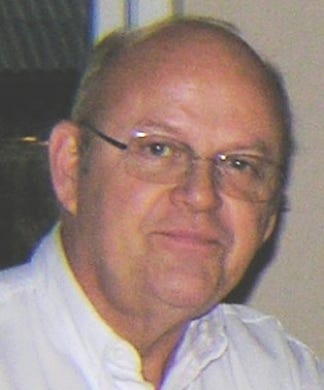
Klaus Bendtzen
Institute for Inflammation Research
National University Hospital (Rigshospitalet)
Copenhagen, Denmark
Personal and Academic Background: Klaus Bendtzen was born in Copenhagen in 1944. He pursued his medical degree at the University of Copenhagen, where he also earned a D.M.Sc. in 1980 with a thesis focused on lymphokines and the human leukocyte migration inhibitory factor (LIF). He further advanced his research education as a visiting scientist in Medicine and Immunology at Harvard Medical School and Tufts New England Medical Center in Boston, Massachusetts.
Professional Experience: Bendtzen’s career reflects a robust blend of clinical and academic roles. His primary specialization in internal medicine and rheumatology led him to a longstanding position as a chief physician at Rigshospitalet, National University Hospital in Copenhagen, from 1990 until his retirement in 2016. His academic contributions are equally notable, including a professorship in inflammation of the oral cavity at the University of Copenhagen’s School of Dentistry. Additionally, Bendtzen served as the head of the Institute for Inflammation Research (IIR), a pioneering institute he founded in 1995 at Rigshospitalet to advance understanding of inflammatory mechanisms.
Research Contributions and Scientific Impact: A prominent figure in immunology and inflammation, Bendtzen’s early work was pivotal in characterizing cytokines like interleukin-1 (IL-1) and tumor necrosis factor alpha (TNF-alpha), which he and his colleagues were among the first to identify as crucial mediators in immune responses. His landmark discovery in 1985 demonstrated the cytotoxic effect of IL-1 on insulin-producing pancreatic beta cells, suggesting a role in the onset of insulin-dependent diabetes mellitus (IDDM)/type1 diabetes (T1D). This finding has been referenced as a significant milestone in understanding autoimmune diabetes, with recent acknowledgments in scientific literature, including Nature (June 2021).
Academic and Scientific Service: Bendtzen’s involvement in scientific communities has been extensive. As president of the Danish Society for Immunology from 1997 to 2002, he played a leadership role in advancing immunological research in Denmark. Internationally, he contributed to cytokine classification as a member of the Lymphokine Nomenclature Committee under the International Union of Immunological Societies (IUIS), helping establish the term "interleukin-1" in 1979. As of 2022, he has authored over 700 publications, including textbooks, research papers, monographs, and chapters in the fields of basic and clinical immunology, inflammation, autoimmunity, rheumatology, neurology, gastroenterology and pharmacology. His dedication to sharing knowledge extends to serving as an editor for Basal og klinisk immunologi and as a scientific advisor and author for the Danish National Encyclopedia: Lex.dk.
Industrial and Biotechnological Contributions: In 2003, Bendtzen founded BioMonitor Ltd., a biotech enterprise specializing in advanced patient monitoring for treatments involving cytokine and anti-cytokine therapies. This company, now a subsidiary of Eurodiagnostica Ltd. in Sweden, exemplifies his commitment to translating scientific research into clinical applications. Bendtzen has held advisory roles in multiple biotech companies and is recognized as an evaluator for BIOTECH projects under the European Commission in Brussels.
Honors and Recognition: Throughout his career, Bendtzen has received several national and international awards, reflecting his contributions to both basic and clinical immunology. As of 2022, he was an author of more than 600 full papers and 5 patents, and delivered around 1,000 oral presentations. In his updated 2024 curriculum, Bendtzen’s publication count surpasses 700, indicating his continued influence and productivity in the field well beyond his active years as a professor and physician.